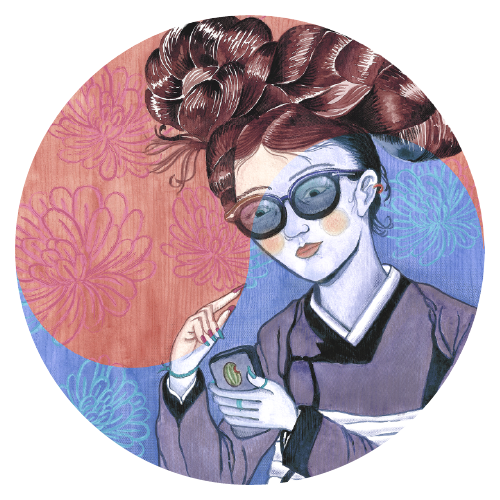
Want to find out why K-pop idols go to the military?
Here’s why!
Quick Summary
- K-pop idols go to the military because all Korean men must serve in the army by law.
- Idols who fulfill their military obligations gain public respect and support.
- Draft dodging leads to severe backlash and can end careers in South Korea.
In South Korea, mandatory military service is a duty that all able-bodied men must fulfill.
This includes K-pop idols, despite their fame, money, and busy schedules.
Legal Obligation
South Korea requires all men between the ages of 18 and 28 to serve in the military for 18 to 21 months depending on the military branch.
Most Korean men join the army when they’re 19 to 21 years old, while K-pop idols tend to delay until they’re in their late twenties.
This law is enforced to maintain a strong defense due to the ongoing tensions with North Korea.
Exemptions are rare and granted only for exceptional cases like Olympic athletes who win gold medals.
Public Respect With Kkabanggwon
Idols who fulfill their military obligations gain public respect and support.
While it can temporarily halt their momentum, many idols successfully resume their careers post-service, often with renewed public interest.
After completing military service, some celebrities get kkabanggwon in Korean, which means the “right to be protected from criticism or insults” as a type of shield.
For example:
- Ok Taec-yeon of 2PM gave up his permanent residency in the States and underwent herniated disc surgery twice to enlist in the military.
- Hyun Bin completed his service in the Marine Corps, which is known for harder training.
- BTS will get kkabanggwon as every member will complete their military service despite global fame.
Otherwise, Potential End Of Career
On the other hand, attempts to draft dodge lead to severe backlash and ruined reputations.
For example:
- Steve Yoo (Yoo Seung-jun) was banned from entering the country after he renounced his Korean nationality to avoid military service, ending his career there. He still has modest fame in the USA.
- MC Mong faced severe public criticism and a career downturn after he attempted to avoid service by intentionally removing 12 teeth.
We don’t see these two on Korean TV anymore.
Conclusion
K-pop idols go to the military due to legal requirements, societal expectations, and the cultural significance of military service.
Their service ultimately contributes to their personal growth and public image.

